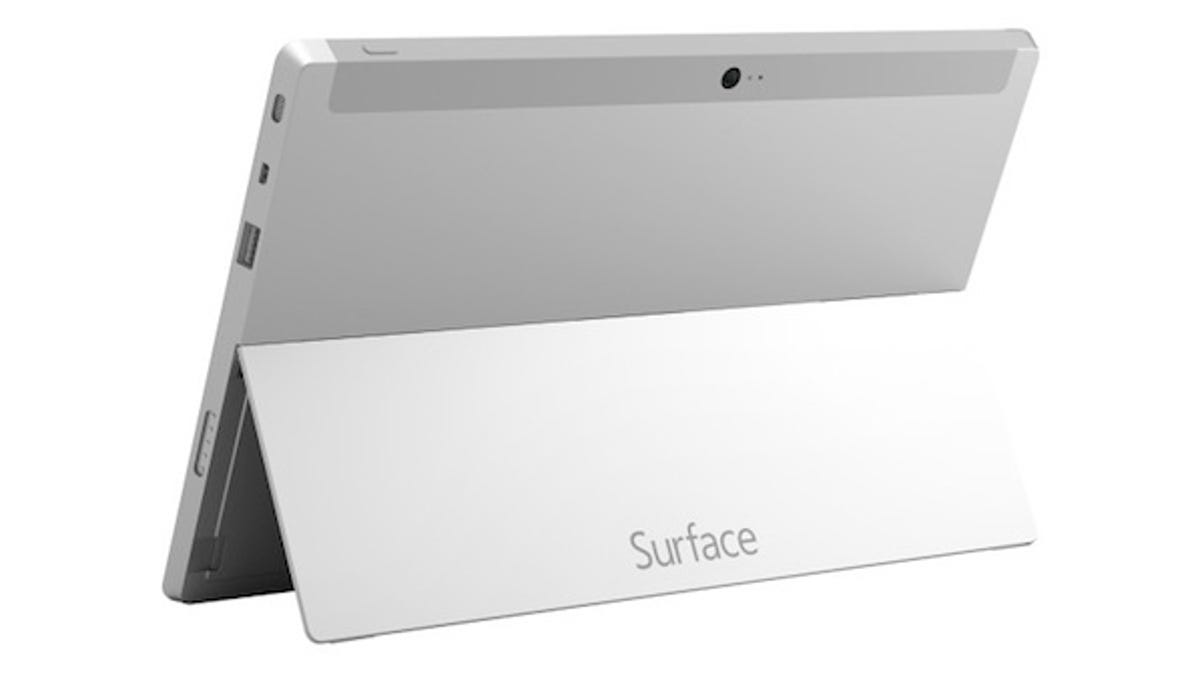Microsoft forges ahead with ARM tablets
Windows RT's woes notwithstanding, don't expect Microsoft to abandon tablets running on ARM chips.

Despite the fading relevance of Windows RT tablets, Microsoft is not quitting the world's most prevalent mobile platform.
That would be ARM. "There are two very important chipset families in all of our devices, and that's [Intel] x86 and ARM," Terry Myerson, executive vice president of the operating systems group, said at the company's financial analyst meeting last week, in response to a question about RT.
"ARM devices, particularly in phones, have incredible share due to the battery life and connectivity options," he added.
CNET learned in May that Microsoft was planning a smaller ARM-based tablet. That device appears to be going forward, possibly as a 7.5-inch product.
Nokia is also expected to unveil an ARM-based tablet running RT.
More broadly, Windows executives are keen on ARM, according to Bob O'Donnell, an analyst at IDC.
"The powers-that-be in the Windows organization firmly believe that they need to have an ARM-based version of Windows," O'Donnell said in a phone interview.
"The question is, do they merge Windows RT and Windows Phone? At some point I think they will," he said. Both platforms run on ARM processors.
A merged ARM operating environment would address a major concern of Windows RT. Windows Phone apps don't run on Windows RT and Windows RT apps don't run on Windows Phone.
That's in stark contrast to Apple's iOS and Google's Android, which allow apps to run on both platforms.
O'Donnell said it was "the wrong decision" to not have one mobile operating system like Apple's iOS and Google's Android.
From day one, RT as a tablet operating system has not fared well. Hewlett-Packard and Toshiba never shipped RT tablets and Samsung quickly abandoned the platform.
Dell, the last major PC maker to offer an RT tablet, discontinued sales of the XPS 10 tablet in the US, though it continues to be available overseas. Dell is expected to announce a raft tablets next month that run the full version of Windows 8.1.
"The fundamental flaw in RT is that it won't run Windows applications," O'Donnell said. "The promise of Windows has always been compatibility and yet here's a version of Windows that's not compatible."
While Intel's new Bay Trail Atom chip, which runs the full version of Windows, addresses the compatibility problem, it doesn't address the larger issue of participating in the largest mobile platform in the world -- the reason for Microsoft's determination to stick with ARM.
"As phones extend into tablets, I expect us to see many more Windows ARM tablets in the future," Myerson said last week, hinting at a different Windows tablet future.

